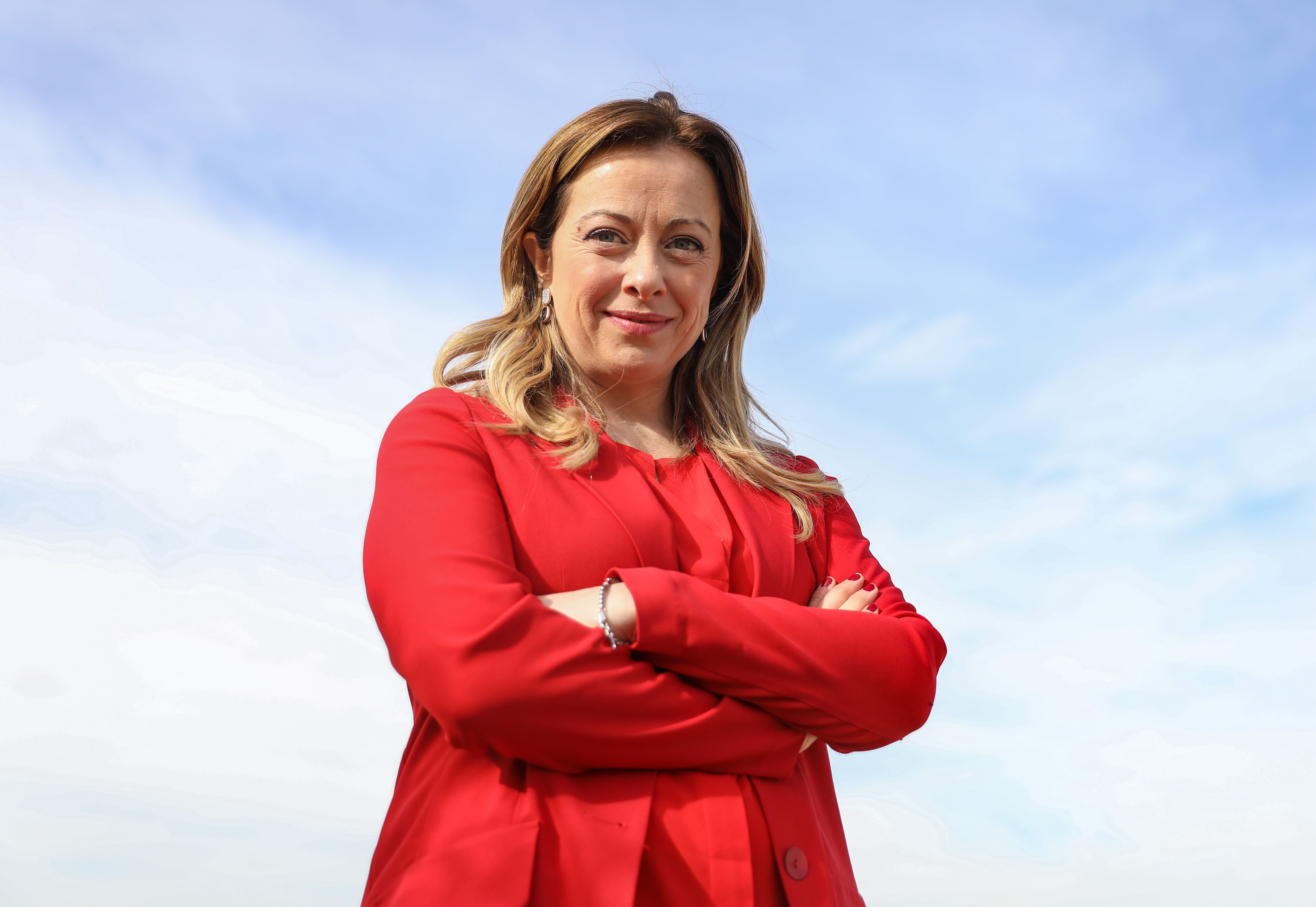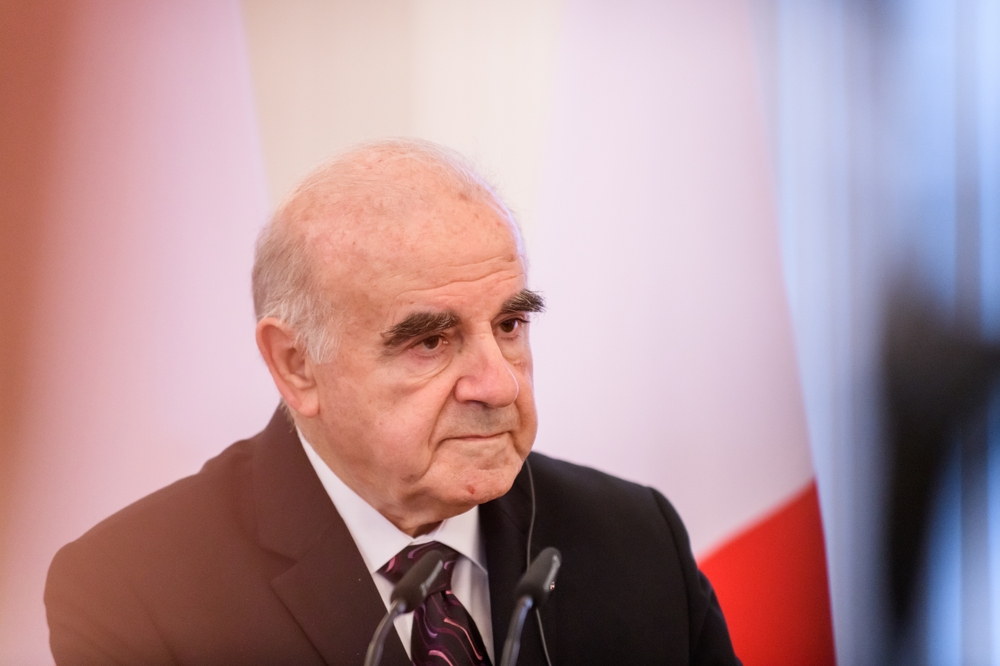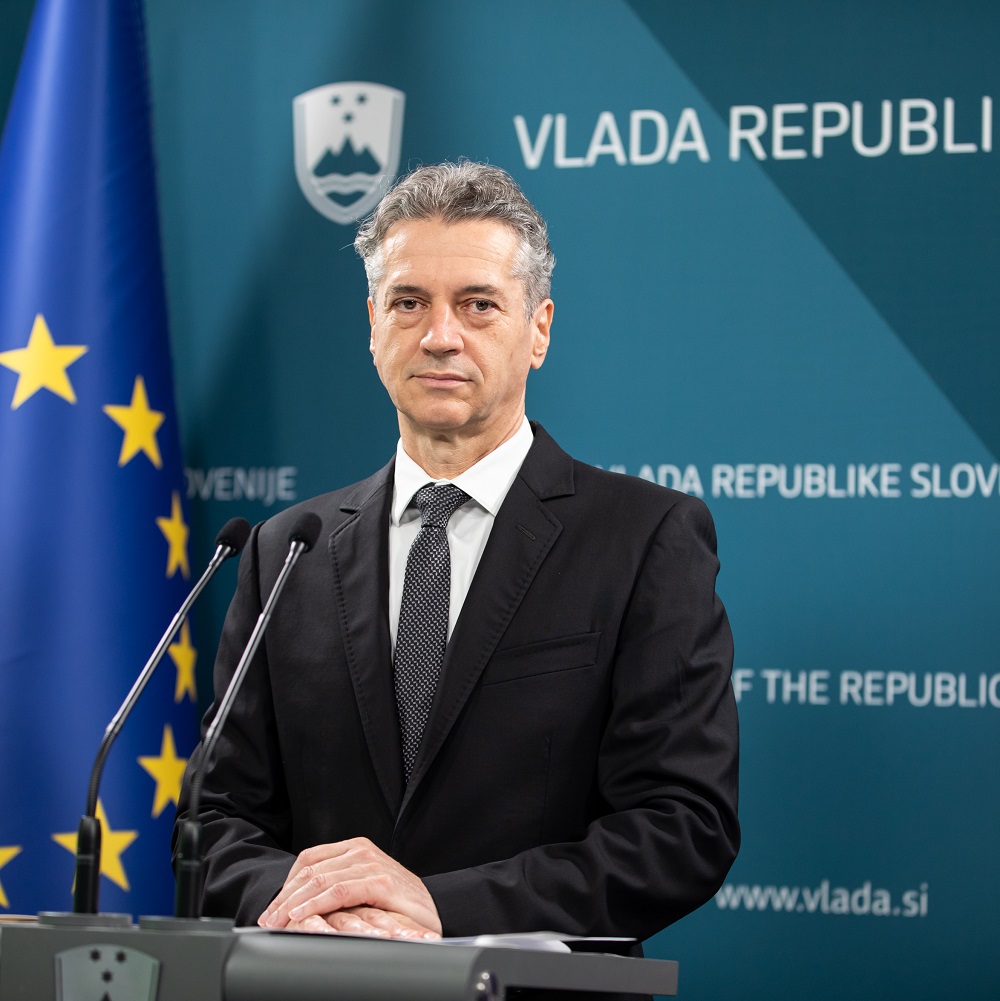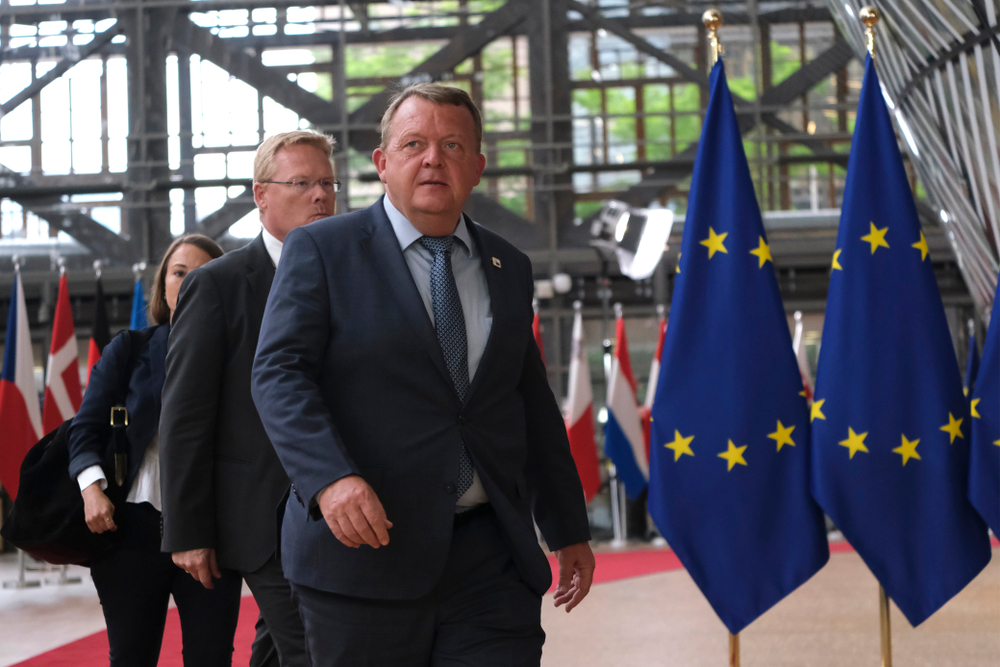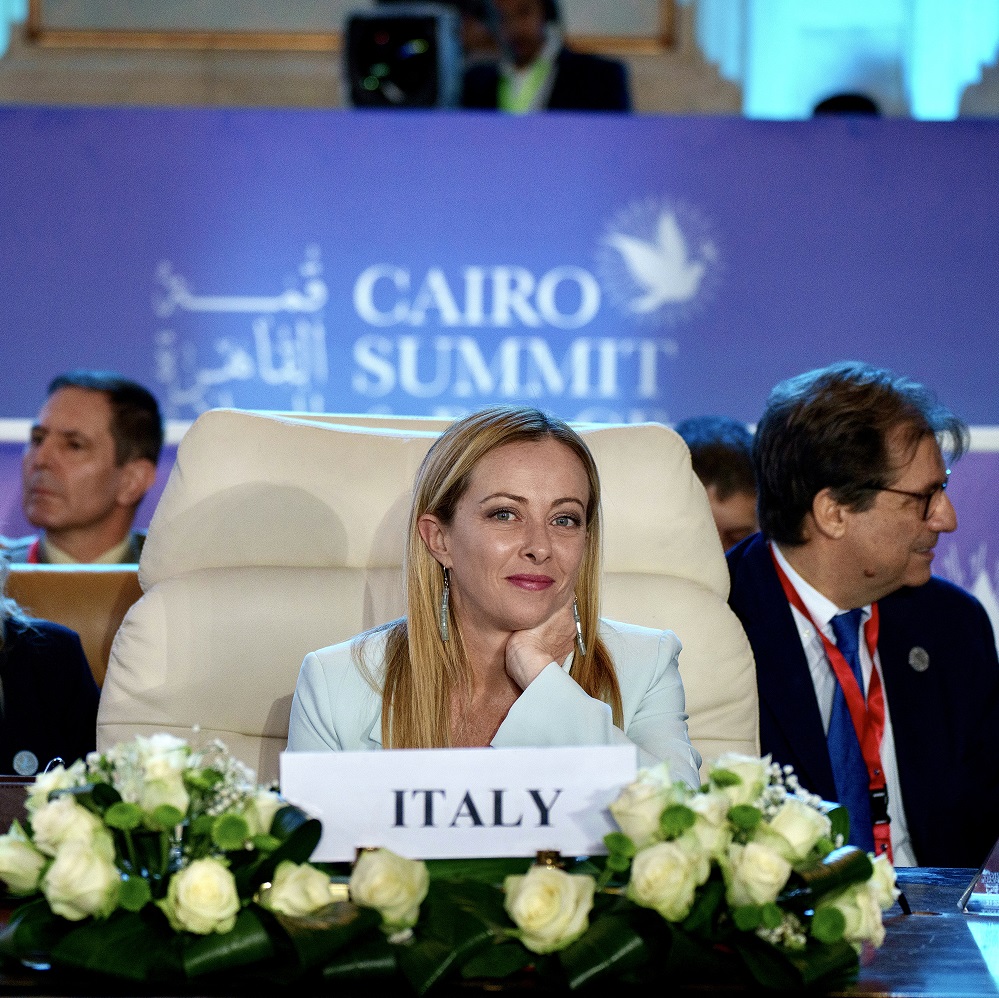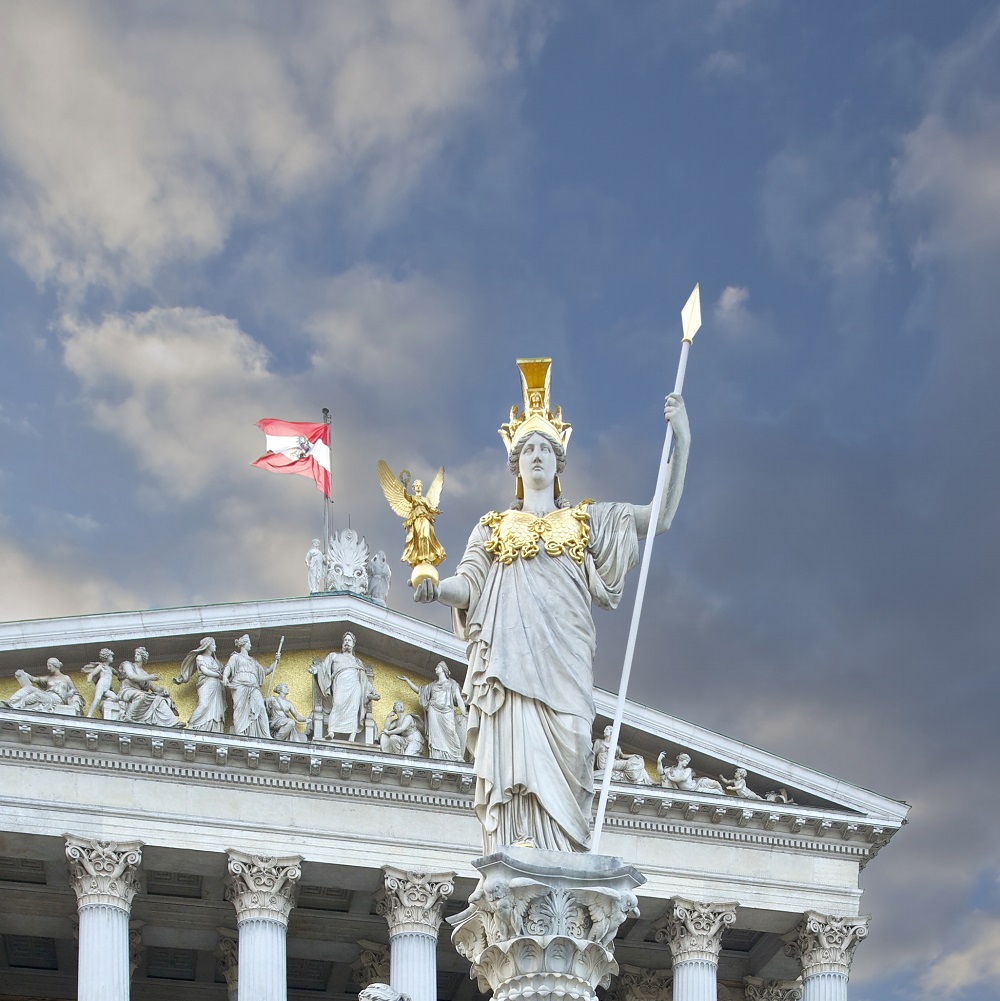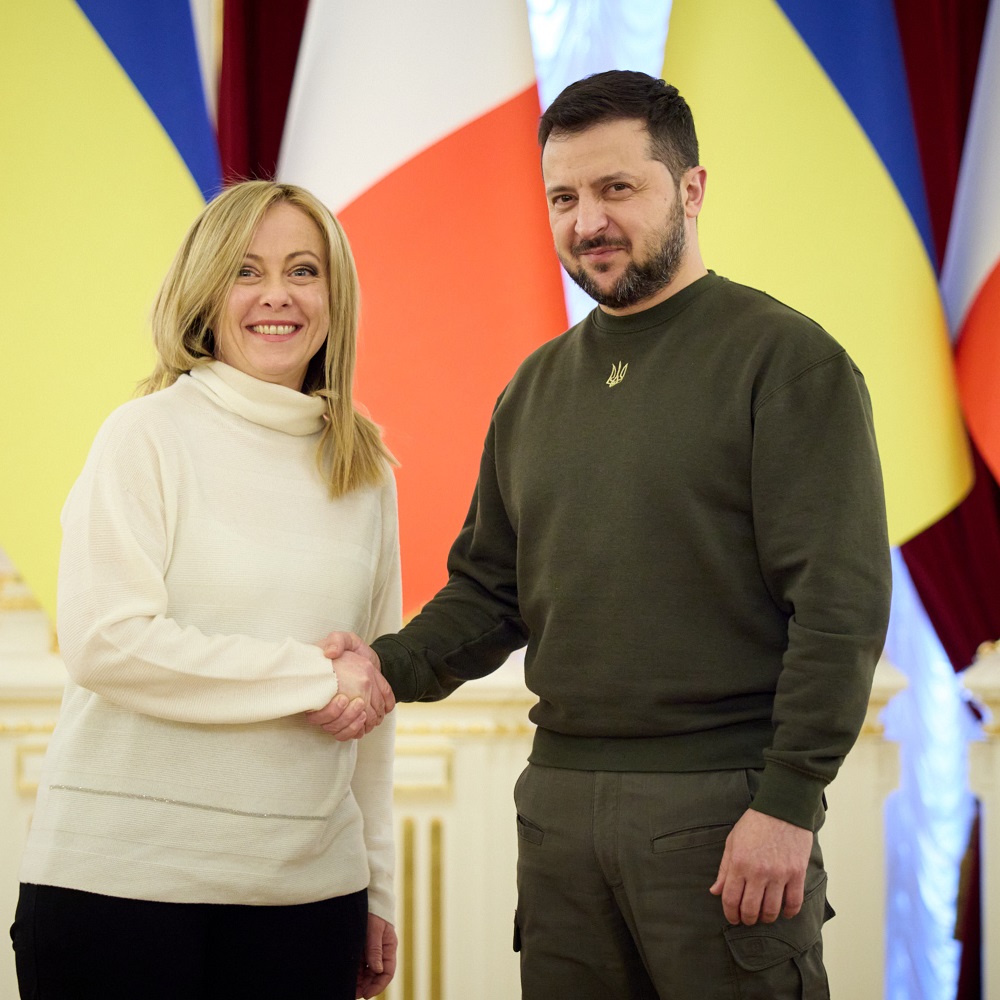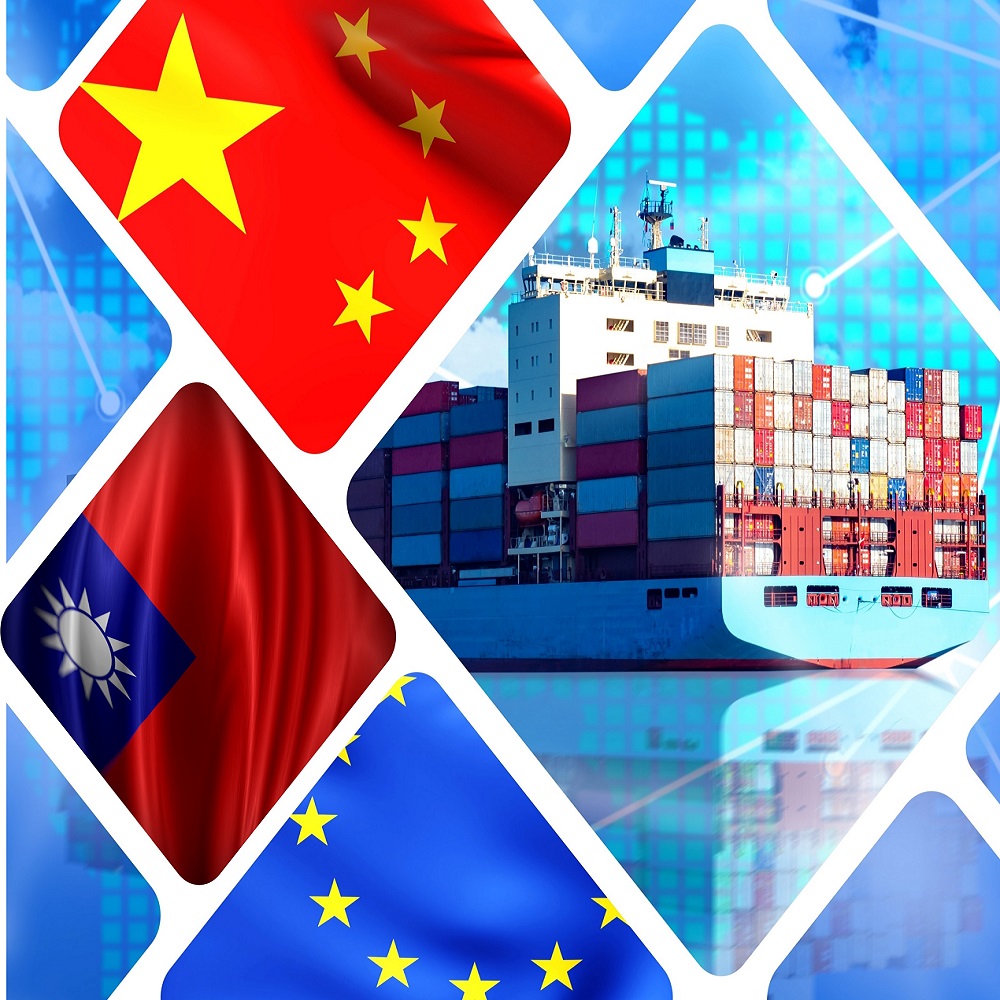
Federal President Frank-Walter Steinmeier during an informational and contact-building visit with the Diplomatic Corps on 27. June 2023 in Essen
by Frank-Walter Steinmeier
I am delighted to be back in the Land in which I was born and grew up, North Rhine-Westphalia. And I am even happier that so many of you have accompanied me here from Berlin and Bonn. I don’t exactly know whether this is a new record, but 170 participants in our joint trip to explore one of the federal states together is really quite a lot. Minister President, thank you very much indeed for the hospitality extended to us here in this, to my mind, wonderful place, the Zollverein Coal Mine Industrial Complex. North Rhine-Westphalia, as you have just heard, is indeed the most populous Land in Germany. And over the past few years and decades, or I could say over the last century and a half, it has become a real melting pot for people from a wide range of nations. Many people from a very large number of regions of the world have come together here – thanks in the main to that part of North Rhine-Westphalia which is the focus of our trip today. For a long time, the Ruhr District was the beating heart of heavy industry, a region forged by coal and steel. Four and a half years ago, in December 2018, I was there when the last coal mine here in the Ruhr District was closed. That was one of the hardest speeches I have ever had to make in any of the positions I’ve held – to stand in front of crying miners and say to them: this piece of coal in my hands is the last piece of coal mined in Germany. It was – and everyone knew it was – the end of an era in Germany and especially here in the Ruhr District. It was not just the end of a chapter of industrial history. The hard work, and especially the work below ground, profoundly shaped the people in this region for years and decades. For these people, the crucial thing is being able to rely on each other, and that a word, once given, is kept. If you have another chance sometime to look around here, you will notice that the people who live here are vigorous, sober and pragmatic. They don’t ask where you come from or mind how smartly you can talk; what they care about is that you roll up your sleeves, do your work, and especially that you try to behave decently to others. So you can imagine that the decline of the coal and steel industry meant a massive upheaval for the Ruhr District and its people, for the economy, but also for social structures here. But precisely in this region, a region which has seen many endings and ruptures, many new things are emerging, many new ideas are being implemented. The major transformation of an old industrial landscape that from here is almost invisible amongst all the greenery, the major transformation of an industrial landscape to a centre of science and research, a hub – if I may put it like that – for technologies of the future is well under way. This morning, at Siemens Energy in Mülheim, we were able to see for ourselves what kind of cutting-edge energy transition technologies, some of them AI-driven, are now being developed and used here in the region. The venue for our luncheon, the former Zollverein coal mine and coking plant, is a particularly good illustration of the pride the people here in the Ruhr District take in their past, and of the devotion with which they are preserving the relics of this history and at the same time again and again turning them into something new. Once one of the most modern plants of its kind in Europe, Zollverein is today a museum, memorial and centre for culture, design, events and new technologies. A World Cultural Heritage site that not only preserves the past but also looks firmly to the future and builds that future. As economically successful as the coal and steel era was, today we know that it was just as harmful and in many cases entirely destructive for nature and the environment. For instance, the Emscher, originally a small, gentle river, was for many decades used as an open sewer. It was a cesspool, ecologically dead, into which waste, including toxic waste, was discharged. Now, following a tremendous effort, it has been renaturalised. Later today we will be able to see and admire the result. In one of Europe’s biggest infrastructure projects, an entire river has been cleaned up, so that it is now free of wastewater, and once again home to plants and animals. But perhaps the real miracle is that this – it’s safe to say – gigantic project was completed in thirty years, and on schedule no less. One more thing: the Ruhr District would not be what it is without football. There is little the people here care about at weekends more than this: did my team win or lose? And passions run especially high when the match is against one of the other teams from the region. Even if a club from the south of Germany has won the national championship for years now, the heart of German football beats – at least so people here say – in the Ruhr District, with its many traditional clubs and their fans, unshakeably loyal through all the ups and downs. That is why the German Football Museum was not established any old where in Germany, but here in the “Revier”, as we call the Ruhr mining area. And that is why this trip would not be complete without a joint visit to the museum in Dortmund later on. Another very serious matter has profoundly affected the people of this region, and not only the older generation. I am talking about war. On the one hand, the Ruhr District was of course also a major centre of arms production in both World Wars unleashed by Germany. On the other, it, more than almost any other region in Germany, experienced fear, massive destruction and thousands of deaths during the intensive bombardments of the Second World War. The people here, including later generations, know exactly what war is. And because they know, because “Never again” is deeply engraved in their hearts and minds, the Ruhr District is also a nucleus of European integration. The European Coal and Steel Community, which was intended to transform the former heavy industries of the war machine into civilian, peace-keeping industries, gradually evolved into ever greater political, economic and social cooperation, and finally into the major work of peace and freedom that is today’s European Union. The history of this region in particular, therefore, preserves the precious knowledge that cooperation between peoples and nations is a thousand times better than war and confrontation. That growth and prosperity evolve not from enmity, but from cooperation based on common rules and principles. That is why we Germans are pleased and proud to be celebrating 50 years of United Nations membership this year. The principles of international law that the then two German states recognised on their accession apply to all who belong to the United Nations. Only compliance with international law, recognition of the Charter of the United Nations and real and actual action in keeping with the principles of this Charter guarantee peace, freedom and prosperity for the nations. On the basis of these principles, we extend the hand of cooperation to all states represented here. There is of course a reason why I am saying this: The Russian attack on Ukraine is a break with everything for which the United Nations stands, for which Europe and Germany stand. The inviolability of borders, of a country´s sovereignty and self-determination, of human dignity and peace – all this, as we are seeing day in, day out, means nothing to Putin. Today I would like to thank all those who are condemning and have condemned Russia’s aggression at international level. We must not tolerate the attack against a sovereign neighbouring state, the violation of borders, land grabs, the displacement of millions of people. The international community must not accept all this. And we urgently need this international community, and the common rules this international community sets itself – not only now, but for all the new challenges of this century that are yet to come. We have all seen that no country on its own can secure a humane future. We are all dependent on partnership and cooperation, particularly in our joint efforts in the fight against climate change. That is why we are endeavouring, that is why German and European policy is endeavouring, to intensify existing partnerships and establish new, just partnerships and alliances that will benefit all sides. Let me say this quite clearly: what we need is not deglobalisation. What we need, in my view, is even closer connectivity aimed at making the world a better place. Because we will only be able to overcome the global challenges if we work together. I wish you and all of us a pleasant rest of the day with lots of enjoyable experiences, interesting insights and, hopefully, valuable encounters. This evening, right at the end of our trip, we will be experiencing another truly glorious part of North-Rhine Westphalia that will surprise you. What we will be seeing is referred to here as the Versailles of Westphalia. I can only say: look forward to it!









